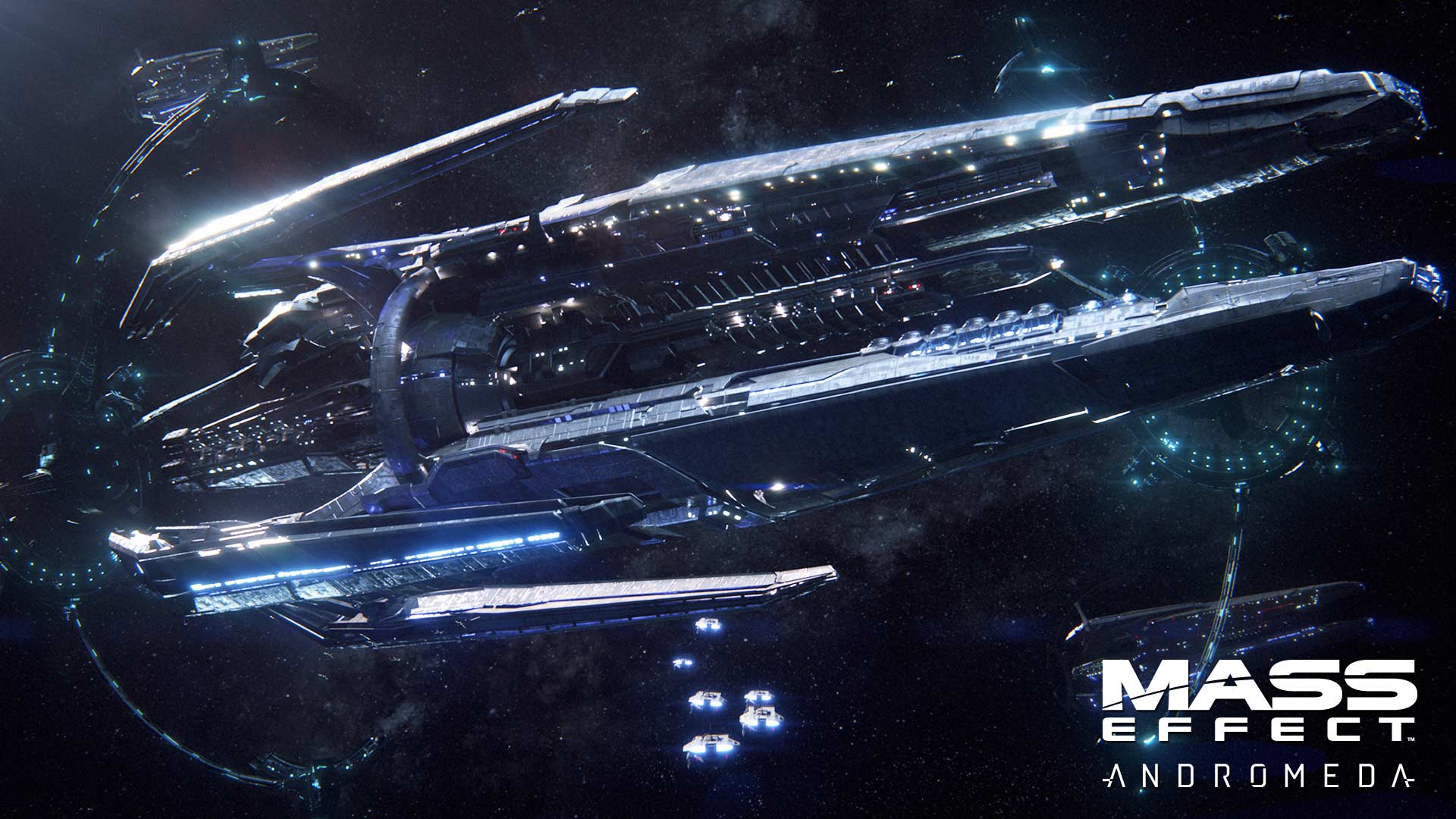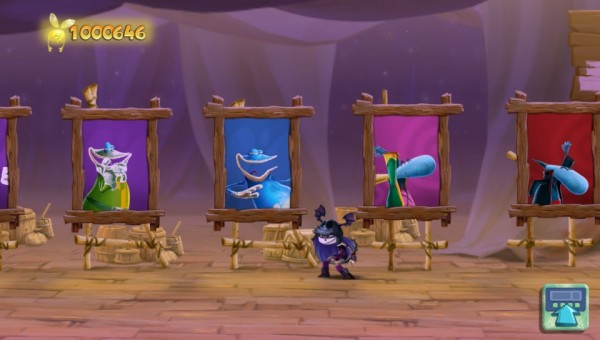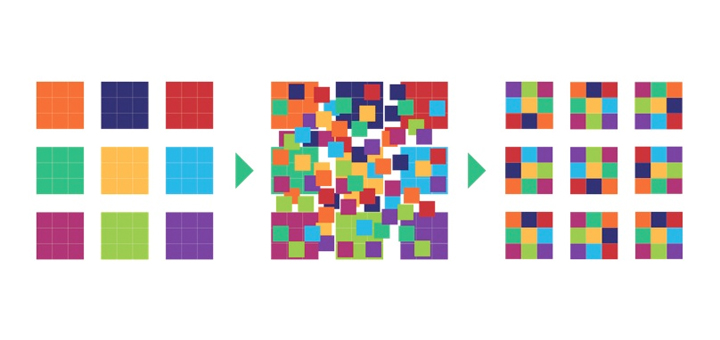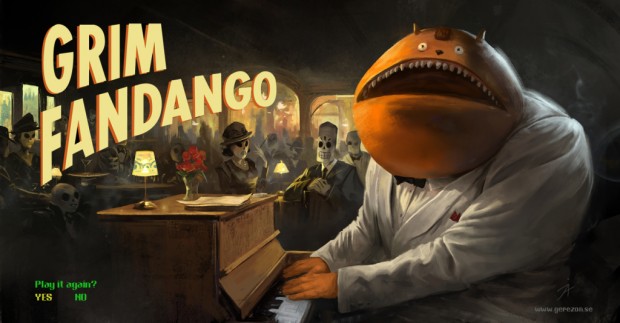For this, the forth post in the series of posts that I have written about Mafia III and Luke Cage, I wanna play around with the notion of freedom and the ways that freedom gets enacted or enacted upon in the narrative we play. While my previous posts have used as a frame songs that were contemporary to the narrative of Lincoln Clay and Mafia III, this week I’m mixing it up and going with a current song that would be contemporary with Luke Cage, Beyoncé’s Freedom.
The concept of freedom with and for Luke Cage and Lincoln Clay is one that I find fascinating, because regardless of whether or not you view one as a hero and one as an anti-hero the most interesting fact, to me, about the two is both men are freed by the very acts that were meant to destroy them. Luke Cage’s attempted murder at the hands of a prison guard gives him the super strength that he needs to free himself from prison and the opportunity to begin anew when everyone assumes that he has died in the fiery blast. Lincoln Clay also found his freedom (and his invisibility) after being shot in the head and left to die in a burning building.
“Freedom”
-Beyoncé Knowles and Kendrick Lamar (2016)Freedom! Freedom! I can’t move
Freedom, cut me loose!
Freedom! Freedom! Where are you?
Cause I need freedom too!
I break chains all by myself
Won’t let my freedom rot in hell
Hey! I’ma keep running
Cause a winner don’t quit on themselves
Fire. Fire that consumes, fire that renews, fire that leads to a resurrection. Like a phoenix rising from the ashes, Cage and Clay find themselves at the same point of the beginning of their narratives as Ralph Ellison’s Invisible Man finds himself at the end of his. With a realization
I’ve overstayed my hibernation, since there’s a possibility that even an invisible man has a socially responsible role to play. -Ralph Ellison (Invisible Man)
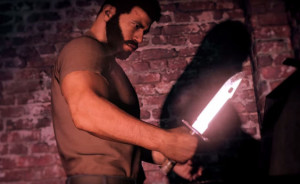 Luke Cage can no longer hide from the truth of his incarceration and his participation in it. Lincoln Clay can no longer hide from the truth of the racism that exists in the mafia “family” around him, even while he participates in it. Clay can also no longer hide from the truth of the racism in the country that he has fought and killed for. The fact that he dons his old Army BDU (Battle Dress Uniform) jacket and gives himself a regulation haircut is not lost on me. He is once again ready for war, but this time the enemy is different. It is America in the guise of Jim Crow laws, racial epithets thrown about on the street, the assassination of Civil Rights leaders, and the sexual subjugation of Black bodies.
Luke Cage can no longer hide from the truth of his incarceration and his participation in it. Lincoln Clay can no longer hide from the truth of the racism that exists in the mafia “family” around him, even while he participates in it. Clay can also no longer hide from the truth of the racism in the country that he has fought and killed for. The fact that he dons his old Army BDU (Battle Dress Uniform) jacket and gives himself a regulation haircut is not lost on me. He is once again ready for war, but this time the enemy is different. It is America in the guise of Jim Crow laws, racial epithets thrown about on the street, the assassination of Civil Rights leaders, and the sexual subjugation of Black bodies.
But the irony, in the cases of both Luke Cage and Mafia III, lies in the fact that this rebirth, this realization stems from acts meant to destroy. And in that destruction they are free.
I’ma wade, I’ma wave through the waters
Tell the tide, “Don’t move”
I’ma riot, I’ma riot through your borders
Call me bulletproof
Lord forgive me, I’ve been runnin’
Runnin’ blind in truth
I’ma wade, I’ma wave through your shallow love
Tell the deep I’m new
Bulletproof. Lincoln Clay the man who survives being shot point blank in the head. The man who causes his would be assassin to be admonished for only shooting him once. Clay himself says to another that the head is the worst place to shoot him because of the hardness of the skull. He is the epitome of a hardhead. One who does not listen, one who learns things the hardway. But he has learned and he can no longer run from the truth of racism of the South, of white men pitting people of color against one another in order to do their dirty work.
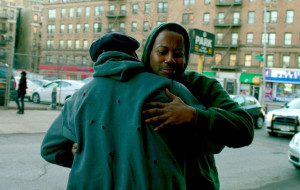 Luke Cage is a man who is literally bulletproof. A man who can not be pierced by the bullets of men, but clad in a symbolic black hoodie like Trayvon Martin, the boy who was killed by the gunfire of a racist who was never found guilty of the murder of an innocent boy. Cage walks the streets wearing bullet ridden hoodies like a badge of honor and when the point comes that he can not for his own safety, that mantle is taken up by other Black men on the streets of Harlem, not only in solidarity, but to help Cage maintain his own invisibility as he moves to “riot” through the necessary borders.
Luke Cage is a man who is literally bulletproof. A man who can not be pierced by the bullets of men, but clad in a symbolic black hoodie like Trayvon Martin, the boy who was killed by the gunfire of a racist who was never found guilty of the murder of an innocent boy. Cage walks the streets wearing bullet ridden hoodies like a badge of honor and when the point comes that he can not for his own safety, that mantle is taken up by other Black men on the streets of Harlem, not only in solidarity, but to help Cage maintain his own invisibility as he moves to “riot” through the necessary borders.
But mama, don’t cry for me, ride for me
Try for me, live for me
Breathe for me, sing for me
Honestly guidin’ me
I could be more than I gotta be
Stole from me, lied to me, nation hypocrisy
Code on me, drive on me
Wicked, my spirit inspired me
The lives of murdered love ones call for justice. They call for celebration. The voices of those who have passed call for us to continue to live when they can not. For Lincoln it is the voices of his father, brother, and friend that call to him. It is for Sammy, Ellis, and Danny that he fights. For them that he commits his atrocities. And again his donning of the BDU jacket as he engages in that fight connects it not only to the notion of a war being fought on the streets, but to a notion of nationalism. Lincoln has spent years fighting in Vietnam, Special Forces no less, only to find that his sacrifice has not elevated him in the eyes of a white supremacist nation. Only to find that his service and patriotism was a lie. He is still not welcome in the restaurants and bars that bear signs that say “No Coloreds Allowed”, his is still a nigger, a jig, and a boy despite having proven that he is a man. That realization and the history of the people of New Bordeaux is what drives him.
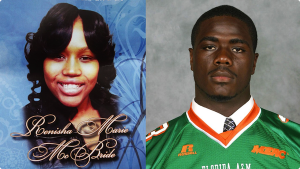 It is what drives me as a player. Seeing the connection between the news stories on the radio and gleaned from stories being shared between NPCs on the street as I walk by and what is going on in the world around us at this moment drives me not only to play the game and pay attention to the stories, but to think about what it all means. What does it that a white man is able to gun down two young Black men who come to ask for help after having their car break down only to go initially uncharged and ultimately supported by the in-game community and be forced to compared that to Renisha McBride who was gunned down on the porch of a home that she went to to seek help in 2013. Or Jonathan Ferrell who was shot by police 12 times while seeking help in a residential neighborhood in North Carolina after crashing his car. How do we ignore the in-game stories of police brutality and vigilante justice against young Black men when almost 50 years later we are still watching as young Black men and women are being murdered on the streets of America by police officers who are rarely charged and never convicted.
It is what drives me as a player. Seeing the connection between the news stories on the radio and gleaned from stories being shared between NPCs on the street as I walk by and what is going on in the world around us at this moment drives me not only to play the game and pay attention to the stories, but to think about what it all means. What does it that a white man is able to gun down two young Black men who come to ask for help after having their car break down only to go initially uncharged and ultimately supported by the in-game community and be forced to compared that to Renisha McBride who was gunned down on the porch of a home that she went to to seek help in 2013. Or Jonathan Ferrell who was shot by police 12 times while seeking help in a residential neighborhood in North Carolina after crashing his car. How do we ignore the in-game stories of police brutality and vigilante justice against young Black men when almost 50 years later we are still watching as young Black men and women are being murdered on the streets of America by police officers who are rarely charged and never convicted.
How do we not see the connections between police brutality in New Bordeaux, Luke Cage’s Harlem, and 2016 America? How do we ignore this especially in light of the fact that Americans have just elected a presidential candidate that is supported by the same KKK that Lincoln Clay fights, that Mafia III’s brothers of the Southern Union feel way too fucking familiar, and that while we may have previously been able to see glimpses of progress between a fictionalized narrative and our own people are now being forced to recognize that we still live very much in the mentality of 1968 America. An America where people of color, LGBTQ+ people, immigrants are still seen as lesser and women are still seen as commodities who are just there to have their pussies grabbed by any white man of means. In this America all women are thoroughbreds, all POC are niggers/spics/boys, and some immigrants still need to be locked behind a wall.
For weeks, I have been making the argument that Mafia III was not a game that was mechanically perfect, but that it was important because of what it had to offer if we just sat back and listened, played, and thought. Now it appears that America and the 2016 election year is making that argument far better than I ever fucking could. We are a nation of hypocrisy.

